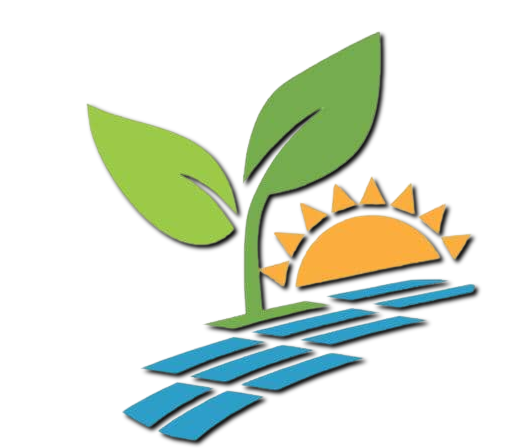Sustainable Forest Management in Koundi
Project Overview:
Save The World Solutions Organization is committed to conserving over 100 hectares of critical forest ecosystems in Koundi. Through this project, the organization aims to balance environmental preservation with community development by implementing sustainable forestry practices.
Key Components:
- Community Partnership and Empowerment:
- Training and Education:
- STWS provides training programs for local communities on sustainable forestry techniques, including selective logging, agroforestry, and biodiversity monitoring. These programs empower community members with the skills needed to manage their forest resources responsibly.
- Employment Opportunities:
- By involving local communities in forest management activities, the project creates job opportunities, helping to improve the socio-economic conditions of the region. Jobs range from forest rangers to nursery managers and eco-tourism guides.
- Training and Education:
- Biodiversity Conservation:
- Habitat Protection:
- The project focuses on preserving the diverse flora and fauna of the Koundi forest. Efforts include protecting endangered species and preventing habitat fragmentation through the establishment of conservation zones.
- Research and Monitoring:
- Regular biodiversity assessments and research activities are conducted to monitor the health of the ecosystem and track the success of conservation efforts. This data helps inform adaptive management strategies.
- Habitat Protection:
- Sustainable Forestry Practices:
- Agroforestry Integration:
- The project promotes agroforestry, combining agriculture and forestry to create a sustainable land-use system. This practice not only conserves the forest but also provides food and income for local communities.
- Sustainable Harvesting:
- Sustainable harvesting techniques are employed to ensure that timber and non-timber forest products are extracted without compromising the health and regeneration of the forest.
- Agroforestry Integration:
- Climate Change Mitigation:
- Carbon Sequestration:
- The reforestation and afforestation activities in the Koundi region contribute to carbon sequestration, helping to mitigate the impacts of climate change. Trees absorb CO2, reducing the overall carbon footprint.
- Resilience Building:
- By restoring and protecting forests, the project enhances the resilience of the ecosystem and local communities to climate-related impacts such as flooding and soil erosion.
- Carbon Sequestration:
- Community Benefits:
- Improved Quality of Life:
- The combination of job creation, improved agricultural practices, and access to forest resources contributes to an enhanced quality of life for local residents.
- Education and Awareness:
- Environmental education programs are conducted in schools and communities to raise awareness about the importance of forest conservation and sustainable practices.
- Improved Quality of Life:
Success Stories:
- Community-Led Conservation:
- Several villages in Koundi have successfully implemented community-led conservation initiatives, resulting in increased forest cover and improved livelihoods.
- Youth Engagement:
- Youth groups have been actively involved in tree planting and forest monitoring activities, fostering a sense of environmental stewardship among the younger generation.
Future Goals:
- Expansion of Conservation Areas:
- STWS plans to expand the project to cover additional hectares of forest, further enhancing biodiversity conservation efforts.
- Enhanced Community Involvement:
- The organization aims to increase community participation by providing more training programs and involving local leaders in decision-making processes.
